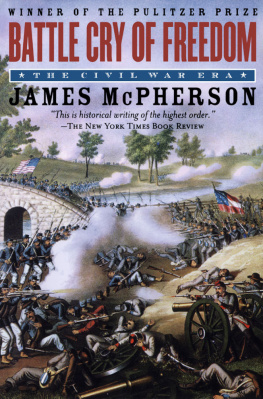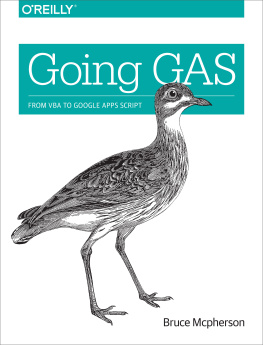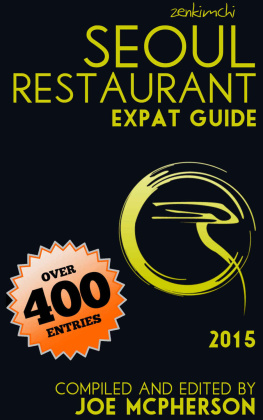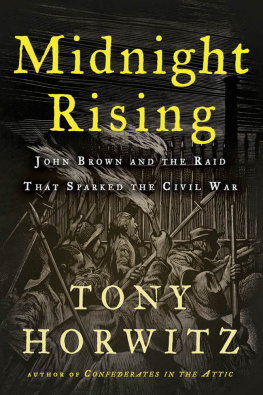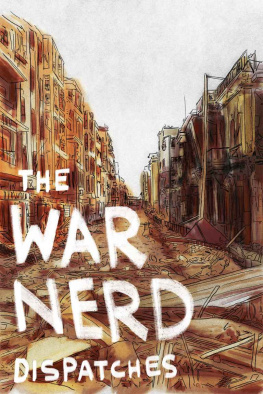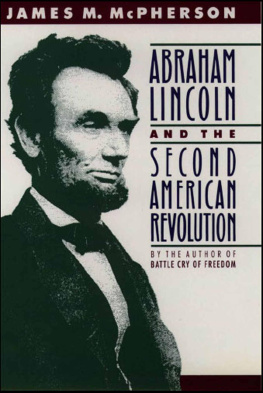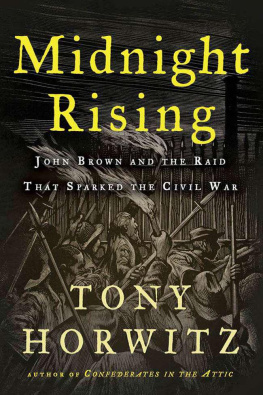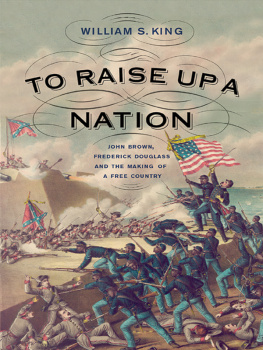McPherson - Battle Cry of Freedom: The Civil War Era
Here you can read online McPherson - Battle Cry of Freedom: The Civil War Era full text of the book (entire story) in english for free. Download pdf and epub, get meaning, cover and reviews about this ebook. year: 1988, publisher: Oxford University Press, USA;Penguin Books, genre: Politics. Description of the work, (preface) as well as reviews are available. Best literature library LitArk.com created for fans of good reading and offers a wide selection of genres:
Romance novel
Science fiction
Adventure
Detective
Science
History
Home and family
Prose
Art
Politics
Computer
Non-fiction
Religion
Business
Children
Humor
Choose a favorite category and find really read worthwhile books. Enjoy immersion in the world of imagination, feel the emotions of the characters or learn something new for yourself, make an fascinating discovery.
Battle Cry of Freedom: The Civil War Era: summary, description and annotation
We offer to read an annotation, description, summary or preface (depends on what the author of the book "Battle Cry of Freedom: The Civil War Era" wrote himself). If you haven't found the necessary information about the book — write in the comments, we will try to find it.
James McPhersons fast-paced narrative fully integrates the political, social, and military events that crowded the two decades from the outbreak of one war in Mexico to the ending of another at Appomattox. Packed with drama and analytical insight, the book vividly recounts the momentous episodes that preceded the Civil War--the Dred Scott decision, the Lincoln-Douglas debates, John Browns raid on Harpers Ferry--and then moves into a masterful chronicle of the war itself--the battles, the strategic maneuvering on both sides, the politics, and the personalities. Particularly notable are McPhersons new views on such matters as the slavery expansion issue in the 1850s, the origins of the Republican Party, the causes of secession, internal dissent and anti-war opposition in the North and the South, and the reasons for the Unions victory.
The books title refers to the sentiments that informed both the Northern and Southern views of the conflict: the South seceded in the name of that freedom of self-determination and self-government for which their fathers had fought in 1776, while the North stood fast in defense of the Union founded by those fathers as the bulwark of American liberty. Eventually, the North had to grapple with the underlying cause of the war--slavery--and adopt a policy of emancipation as a second war aim. This new birth of freedom, as Lincoln called it, constitutes the proudest legacy of Americas bloodiest conflict.
This authoritative volume makes sense of that vast and confusing second American Revolution we call the Civil War, a war that transformed a nation and expanded our heritage of liberty.
McPherson: author's other books
Who wrote Battle Cry of Freedom: The Civil War Era? Find out the surname, the name of the author of the book and a list of all author's works by series.

